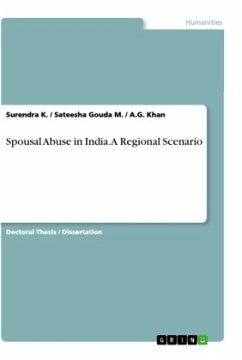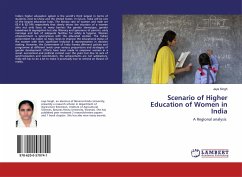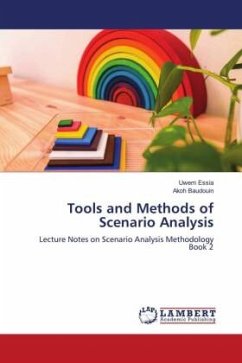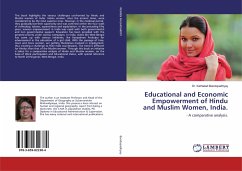Doctoral Thesis / Dissertation from the year 2019 in the subject Sociology - Gender Studies, grade: 8.86, Gulbarga University (Gulbarga University, Kalburagi, Karnataka, India), course: Sociology, language: English, abstract: The present study is based on data collected from the NFHS II and III Base line Survey undertaken by IIPS, Jointly Sponsored by GOI and USAID and the primary objective of this project is to provide national-level and state-level data on fertility, nuptiality, family size preferences, knowledge and practice of family planning. Furthermore, it collected data to sexual behavior, the potential demand for contraception, the level of unwanted fertility, utilization of antenatal services, breastfeeding and food supplementation practices, child nutrition and immunizations, and infant and child mortality. The third National Family Health Survey (NFHS-3) was conducted in 2005-06. This survey provides the information on several new and emerging issues such as perinatal mortality, male involvement in the use of health and family welfare services, adolescent reproductive health, high risk sexual behaviour, family life education, safe injections, and knowledge about tuberculosis. In addition to interviewing ever-married women age 15-49, NFHS-3 included never married women age 15-49 and both ever-married and never married men age 15-54 as eligible respondents. Interviews were conducted with 124,385 women age 15-49 and 74,369 men age 15-54from all 29 states. Throughout India, 102,946 women and men were tested for HIV in NFHS-3. For the present study 83,703 women age 15-49 were considered for the purpose of analysis of domestic violence. Women throughout the world have been accorded lower status than men. Traditionally, women were expected to be married off and settle down in life. Rights of power, position and authority over women were accorded to men. Women were given a very subordinate role and status, as the socio-economic and external conditions prevailing in ancient times were not favorable for the free movement of women. In the 21st century even though women are educated and equally participating in employment with men, still the social conventions, traditions and restrictions controlling the life of women directly or indirectly. As such, in many of the ways the women are facing inequality and due to which, women are facing mental stress and tension in the society. Many of the socio-psychological specialists have opined that such mental tensions for women are due to atrocities, discrimination, exploitation, violence and sexual harassment of women in the society.
Hinweis: Dieser Artikel kann nur an eine deutsche Lieferadresse ausgeliefert werden.
Hinweis: Dieser Artikel kann nur an eine deutsche Lieferadresse ausgeliefert werden.








